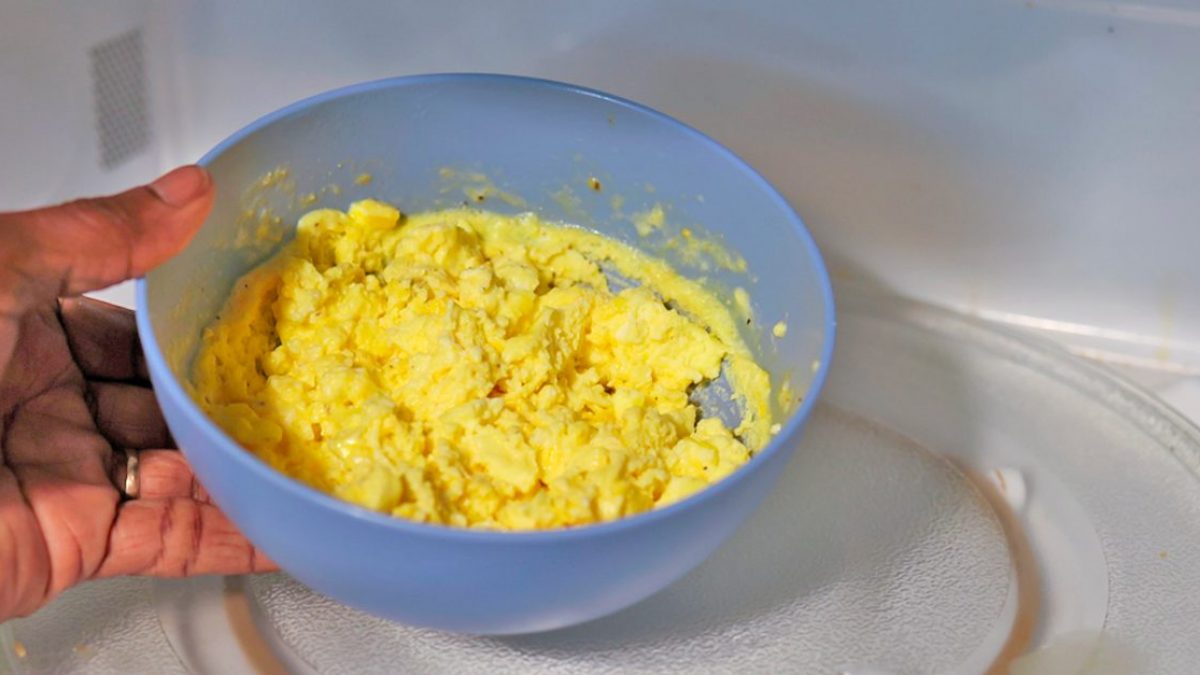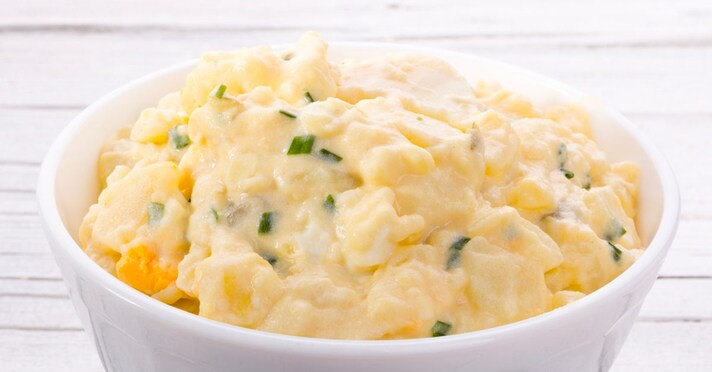
We all have a long history of lunches, dinners, or even breakfasts made from leftover food. After all, who doesn't love a good leftover meal? Sometimes, leftovers can even taste better than freshly cooked food. However, there are some foods that should never be reheated, and cooked eggs are one of these. Let’s find out why.
The Risks of Reheating Eggs
Reheating cooked eggs can be a risky affair. According to food safety experts, reheating eggs can alter their protein structure, leading to the release of sulfur compounds. This change not only affects the taste and texture of the eggs, making them rubbery and unappetizing, but it can also cause digestive issues. Additionally, the proteins in eggs are highly sensitive to temperature changes, and reheating them can lead to the development of harmful bacteria like Salmonella. The last thing you want is a bout of food poisoning from what was supposed to be a convenient meal.

Reheating Eggs Changes Their Chemical Structure
When eggs are reheated, the heat causes a chemical reaction that can produce off-putting smells and flavors. This reaction is particularly evident in scrambled eggs and omelets. Dr. Francisco Diez-Gonzalez, a food safety expert, notes that reheating eggs can create a compound called hydrogen sulfide, which is responsible for the unpleasant odor often associated with overcooked eggs. This sulfuric smell is not only unappetizing but also a sign that the eggs have undergone significant chemical changes that affect their quality and safety.

Reheating Eggs is Also Bad For Your Health
The health risks associated with reheating eggs are significant enough to warrant caution. According to the Centers for Disease Control and Prevention (CDC), improper handling and reheating of eggs can lead to foodborne illnesses. Eggs can become a breeding ground for bacteria when they are not stored or reheated properly. Reheating can bring these bacteria to dangerous levels, increasing the risk of food poisoning. Symptoms can range from mild stomach discomfort to severe illness requiring medical attention. It’s simply not worth the risk for a quick meal.

How To Safely Consume Egg Leftovers
So, what should you do with leftover eggs? The safest way to consume egg leftovers is to enjoy them cold. Egg dishes like quiches or frittatas can be delicious when eaten cold or at room temperature. If you must reheat, do so with caution: use a lower heat setting and ensure the eggs reach an internal temperature of 165°F to kill any potential bacteria. Alternatively, repurpose your leftover eggs in dishes that don’t require reheating, like egg salad or sandwiches. This way, you can enjoy your leftovers without compromising on safety or flavor.
;Resize,width=767;)
